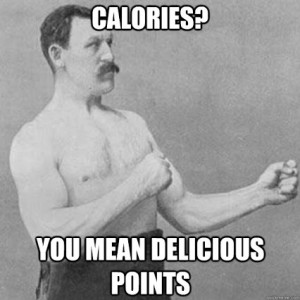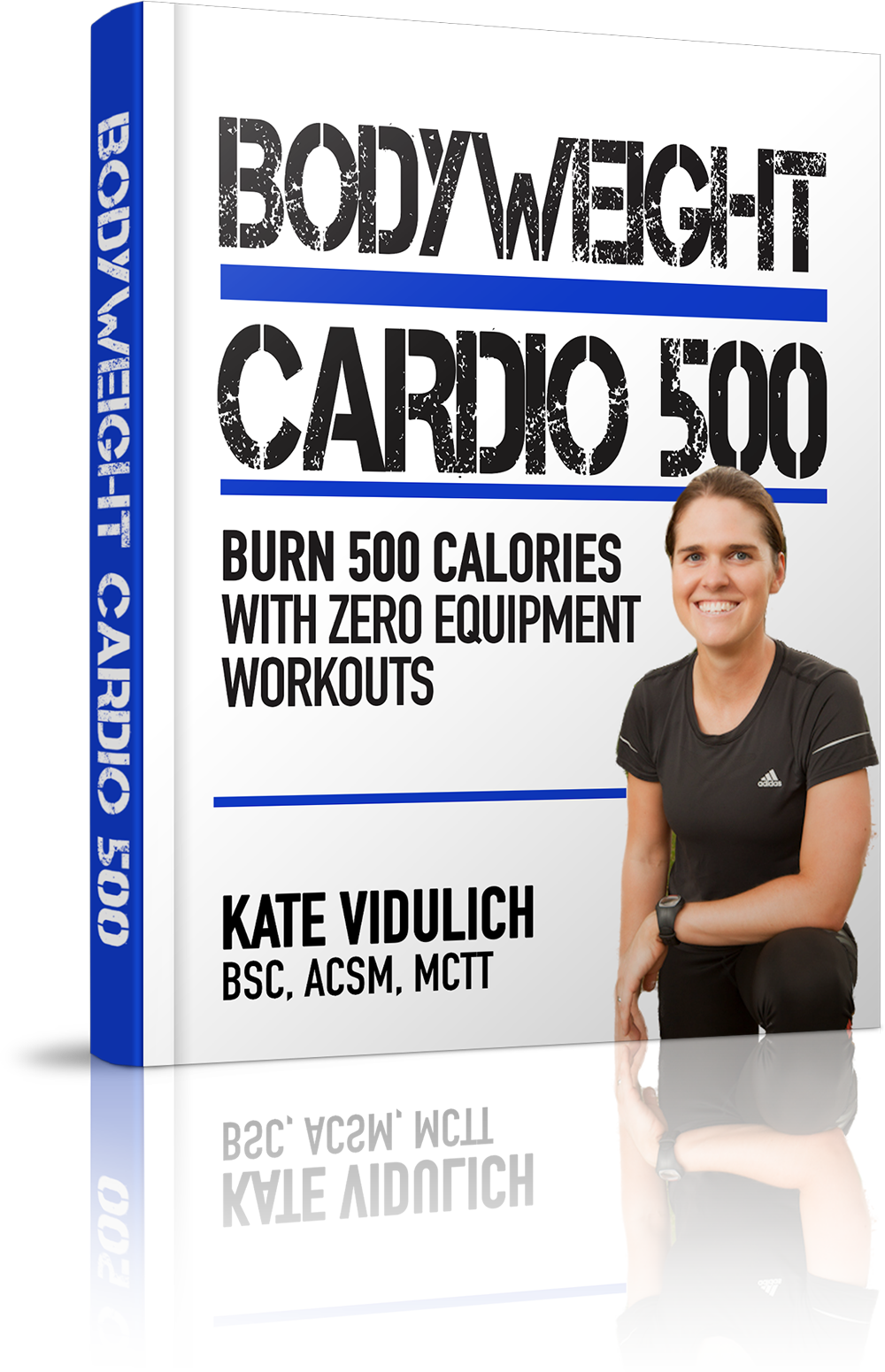You know a thing or two about nutrition and training. Reading about fat loss, you may have come across conventional wisdom such as this:
“To lose a pound of fat, you need to burn 3500 calories.”
Is there any truth to this statement?
Well…
Fat loss is not simply about calorie counting and doing the maths.

Chemistry plays a HUGE role and now we have fresh research to back it up. More on that in a moment… but first, let’s go back in time…
In early 2003 during my University years, I decided it was time to lose the ugly belly fat and my first step was to pull out the trusty old food diary and intricately write down my daily calorie intake vs. my daily calorie expenditure.
One column would list how many calories I consumed (yes remember, we used to write things down back in those days).
The other column would list the number of calories I burned through exercise.
There was one major problem.
I didn’t know how many calories were in the huge piece of low-fat, sugar laden banana bread I was eating for breakfast everyday so I would just “estimate”.
Over time, as I gained MORE fat, it was clear my calculations were way off. Just in case you’re wondering, banana bread has more calories than a donut! Say what?!
Anyway, my daily goal was to create a deficit of at least 500 calories every day, in an attempt to lose at least a pound of fat a week.
Why the magic number 500?
You see, the belief and understanding at the time was in order to lose a pound of fat each week, you needed to create a deficit of 3500 calories.
So this was my plan:
Bigger calorie deficit = faster weight loss.
Does this mean to lose a pound of fat every week you should create a deficit equal to or exceeding 3500 calories (or 500 calories/day) through a combination of diet and exercise?
No, I’m calling BS.
Here’s why:
1. Fat loss is not linear
Fat loss is not so simple and does not occur in a linear fashion. There is no set pattern for weight loss and the time it takes to transform YOUR body.
You could lose five pounds this week, and then two the next, all while keeping your healthy eating and workout plan the same. And don’t forget, the closer you get to your goal weight, the more challenging it gets.
Just look at the Biggest Loser contestants. With all the calorie counting and exercise, they still lose random amounts of weight each week. (not to mention stress over the scales too much)
2. Maths vs. Chemistry
Next we have maths vs. chemistry approach.
Here’s what I mean by this:
Your body reacts differently, particularly on a hormonal level when digesting and utilizing carbs, protein and fats.
That’s why you can’t simply rely on the numbers.
For example, eating unprocessed carbohydrates (like steel-cut oats or stone ground bread) will have a different effect on your blood sugar levels, compared to instant sugar-laden oatmeal or highly processed commercial breads despite the calorie count being equal. The hormonal response in your body shifts away from fat burning.
Similarly, consuming 200 calories of crackers and cheese will be utilized differently compared to 200 calories of eggs, avocado and spinach. (For fat loss, go with the eggs and spinach).
3. The Science Reveals the Truth
And now, to finally put a nail in the coffin, I’m excited to share new, scientific research so you can kiss your calorie counting day’s goodbye!
Why Doesn’t 3500 Calorie Deficit Lead to One Pound of Fat Loss?
Great question.
And now the world’s greatest scientists from Down Under have the answers (you can always count on the Aussies to come through with the goods).
Here’s how it played out:
The obese subjects in the study followed a near starvation diet (600 calories/day) and did weights and cardio. That’s absolutely NO fun by the way.
The average weight loss among the subjects was only 67% of what they predicted (based on diet and exercise calorie expenditure).
But it gets worse.
The results ranged from 39% to 94% of their predicted weight loss. No one hit their predicted goal and some people didn’t even lose half the weight they “should have”. Boy, now that’s enough to drive you crazy.
Why did this happen? The problem seems to be a decrease in resting metabolic rate (RMR), which increased over time as the subjects lost weight.
From this research, we can conclude weight loss seems to slow down – and often disappoint people – because resting metabolic rate slows down as you lose weight.
You need to keep your RMR revving high to avoid plateaus and continue seeing fat loss results.
How?
With the right type of exercise program like THIS one and strategic splurge meals (sold separately – don’t have a splurge meal while doing a workout ok).
Your Fat Loss Action Plan
Step 1: Delete your calorie counting app
Go on, do it now. I’ll wait for you.
Sure, I agree a food journal is a fantastic way of keeping you accountable. However, save your brain power and focus on eating unprocessed deliciousness like lean protein, green vegetables and good fats.
Quit starving yourself and don’t worry about counting the exact number of calories. Instead, learn how to eyeball your portion sizes and you’ll be all set.
Warning: fruit (like banana) combined with bread or the word “muffin” is definitely not a fat loss food, even if it claims to be “low-fat”.
Step 2: Focus on Workout Intensity
Stop worrying about the number of calories you burned in a workout. This is especially important for folks who jump on the treadmill/bike/elliptical at the gym. Chances are, the number of calories you burned was an over-estimation.
Your RMR decreases as you lose weight – especially if you’re not building muscle. That’s why it’s so important to get stronger and build lean muscle.
Go hard in your and bring the intensity. If you’re doing intervals and your heart is pounding, I guarantee you are burning a ton of calories. That’s exactly what you need to do to burn belly fat fast.
Step 3: Set a performance based goal
Instead of trying to lose two pounds this week, shift your focus and turn those goals into performance-based outcomes. Aim to become more awesome. The fast fat loss will be a sexy added bonus.
Try to do more repetitions in a timed bodyweight interval circuit. Do 100m sprints instead of timed intervals. Set a goal number for a big deadlift or do more pull ups. Challenge yourself to improve every single workout and track your progress.
There’s no magic bullet or “right way” for weight loss. You’ll be far better off following a progressive training system and smart, solid nutritional plan, like the one I teach in my program here without obsessing over calorie counting.
Let me know your thoughts in the comments box below the post…
Rock on!
Your Coach and Friend,
Kate Vidulich
Reference: Byrne, N.M., et al. (2012). Does metabolic compensation explain the majority of less-than-expected weight loss in obese adults during a short-term severe diet and exercise intervention? International Journal of Obesity 36: 1472-1478.
















